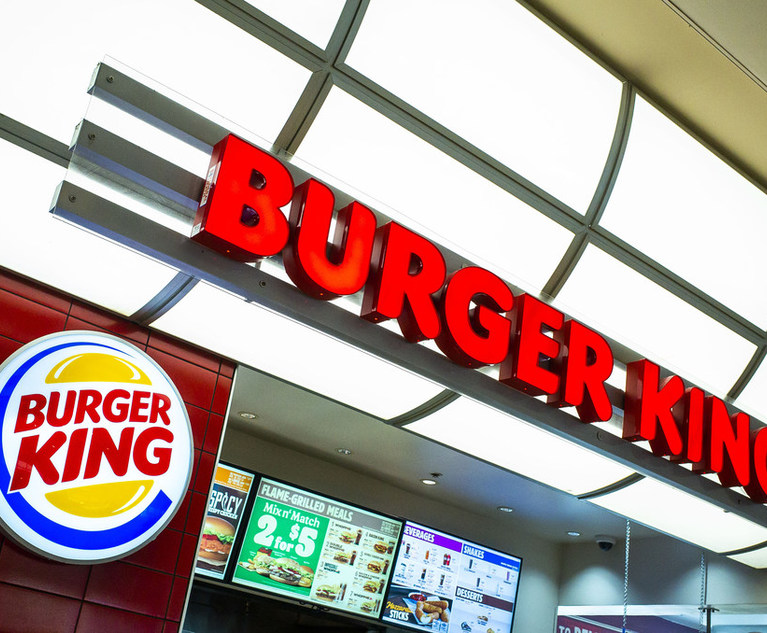In January 1986 Lawrence Mulloy, NASA’s rocket project manager, convinced himself – in the face of unanimous engineering advice to the contrary – that cold weather would not affect the rubber seals on the booster rockets of the Challenger Space Shuttle. The ensuing disaster is one of the best-known examples of the dangers of self-deception, or ‘doublethink’ as George Orwell memorably termed it in his novel 1984. The ability Mulloy demonstrated – to blind ourselves to an unwelcome reality – is generally thought to be a capacity we evolved in ancient times to survive.
Whatever its advantages to our ancestors, in the modern world it can be a problem, especially for solicitors, bankers and accountants. A professional’s obligation is to comply with his client’s instructions. But when he is suspicious that his client is a fraudster he must not blind himself to that concern. If he does there may be implications under money laundering legislation, for one thing. There is also the victim of the fraud to think of.







